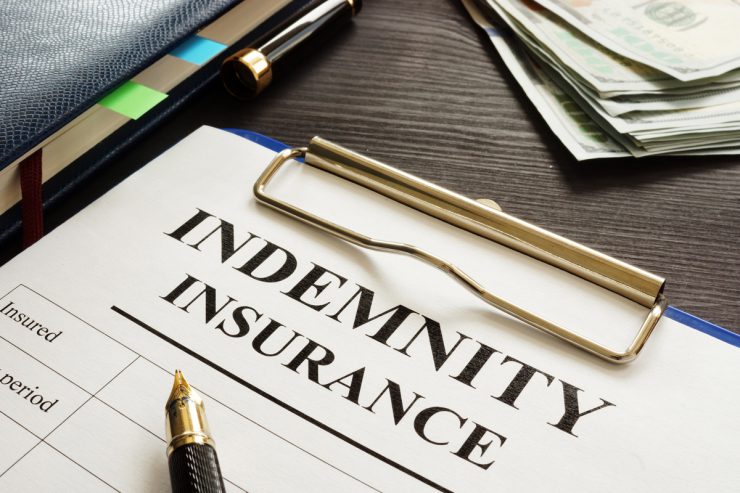Unit Owners, Beware: The Developer May Have Stacked the Board Against You
Condominium and HOA Board Members May be Neglecting the Duties You are Owed
Are you concerned that the developer of your condominium did not deliver on the promises made to you when you purchased your condominium unit? Are you concerned with the construction of the condominium in which you live? For most individuals, the purchase of a condominium unit can be their most important investment. However, many of the decisions impacting this investment are not up to the owner of the unit, but rather, are left up to a board of directors controlling the association.
At a specified time, the developer of a condominium is required to relinquish control of the association’s board of directors in favor of the unit owners. The turnover of an association from developer to the unit owners presents the first opportunity for the association’s board to hire a lawyer, an accountant, and an engineer to perform important and time-sensitive inspections of the condominium. These inspections will identify construction defects and other concerns that may exist. As such, it should not be surprising that a developer would want a “friendly” association board of directors following turnover. But imagine the havoc an unscrupulous developer could inflict if the association’s newly elected board members—or the attorney and engineer working for the unit owners—have financial ties to the developer.
A recent Miami-Dade Grand Jury report found that there was extensive fraud, mismanagement, stacking of boards, and conflicts of interest among condominium association boards.[1] Such misconduct is not limited to Miami-Dade, however. Perhaps surprisingly, one of the largest public corruption cases set in the fast-paced, scheming neon desert notoriously dubbed “Sin City” did not involve the usual Las Vegas suspects, but rather a contractor, a lawyer, and a stacked board of condominium directors. In 2015, Leon Benzer, a construction company boss, was sentenced to 15 ½ years in federal prison for orchestrating a scheme to take control of association boards for the purpose of channeling construction defect repairs to Benzer’s company. Benzer’s scheme involved a network of recruited purchasers and real estate agents who would get elected to association boards, hire Benzer’s attorney, and award lucrative contracts to Benzer’s construction company. Through these unethical practices, these individuals violated the duties owed to the association and its unit owners.
Condominium unit owners who serve on the board of directors are considered shareholders of the association, and act in a fiduciary relationship to each owner. In such relationships, the law demands a higher than ordinary degree of care from each director and officer, with Florida law specifically demanding directors to discharge their duties in good faith. Simply put, directors should act to protect the best interests of the association and its unit owners, rather than their personal interests or those of affiliated third parties. The actions of the board members in Benzer’s scheme were in complete disregard of the unit owners’ rights, as they participated in rigging elections and seeking only personal gain. In order to avoid a Benzer-type scheme, it is critical for unit owners to exercise due diligence in selecting truly independent individuals to become board members to represent the best interests of all the unit owners at the time control of the association is transferred from the developer. Since Florida law permits condominium association boards to settle claims concerning monies owed from the developer and matters of common interest to the owners, including construction defect claims, it is even more vital to ensure that an association’s board, their attorney, and engineer are not being led by ill-intended individuals to unscrupulously settle claims for pennies of their real worth, accept cosmetic repairs that do not fully address the underlying defective condition, and waive association claims for latent defects.
In order to ensure that meritorious claims of unit owners are adequately protected, unit owners must get involved and confirm that independent board candidates without financial ties to the developer or contractor are seeking election to the association’s board. Additionally, steps should be taken to confirm that the association’s officers and directors hire independent, knowledgeable attorneys and engineering firms, not attorneys and engineers affiliated with the developer or contractor. Unit owners should be cautious when dealing with an attorney that was selected, hired, and paid by the developer-controlled board prior to the unit owners taking control of the association. Unit owners must ask critical questions of management, those seeking election to the board, and the attorneys and engineers being interviewed to represent the association, as to their involvement or affiliation with the developer or contractor that built the condominium. Protect your investment, and avoid a Benzer “stacked board.”
For further information regarding the turnover process, self-dealing, conflicts of interest, and the duties of your board of directors, please submit your questions on our website and get the information you need to make sure you are safeguarding your investment.

Nicholas Siegfried is a partner with the South Florida law firm of Siegfried, Rivera, Hyman, Lerner, De La Torre, Mars & Sobel, P.A. who has focused on community association and construction law since 2006. He is based at the firm’s office in Coral Gables, and the firm also maintains offices in Broward and Palm Beach counties, representing more than 800 associations throughout Florida. He may be reached at nsiegfried@srhl-law.com and at (305) 442-3334.
[1] Final Report of the Miami-Dade County Grand Jury Spring Term 2016, Addressing Condo Owners’ Pleas for Help: Recommendations for Legislative Action, at 1-31(Fla. Cir. Ct. Feb. 6, 2017). A copy of such grand jury report may be found at: http://www.miamisao.com/wp-content/uploads/2017/02/Grand-Jury-Report-Final.pdf.













 David G. Muller
David G. Muller



